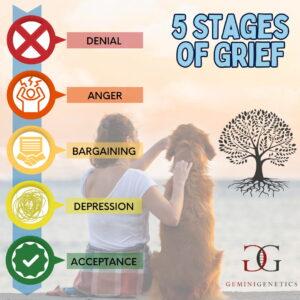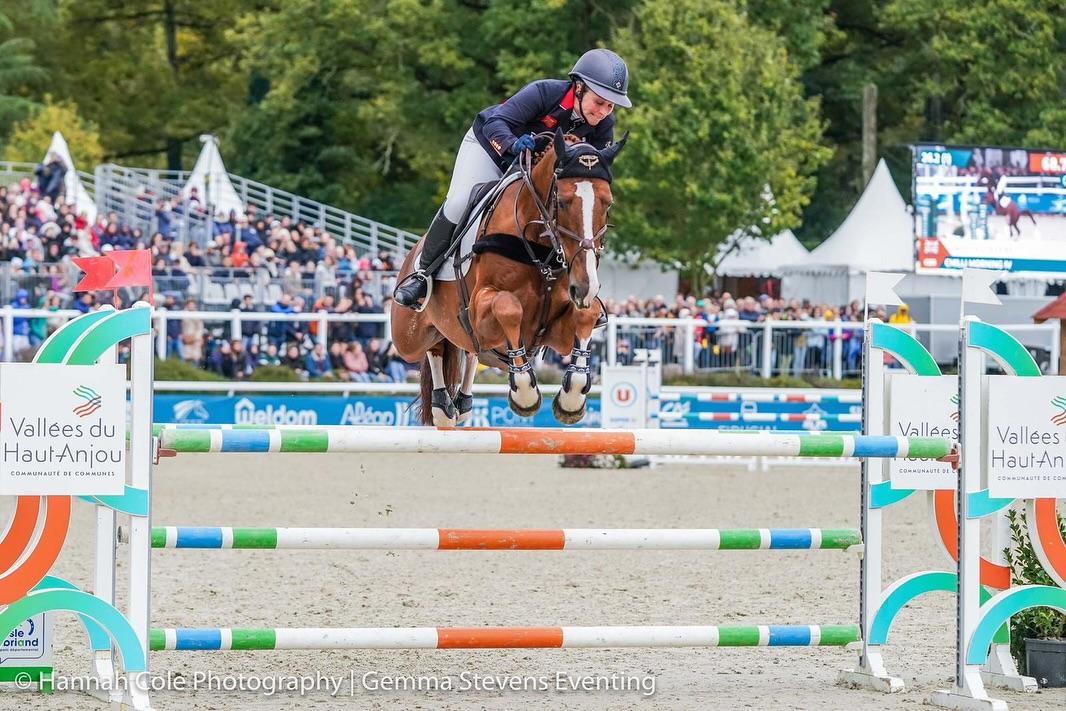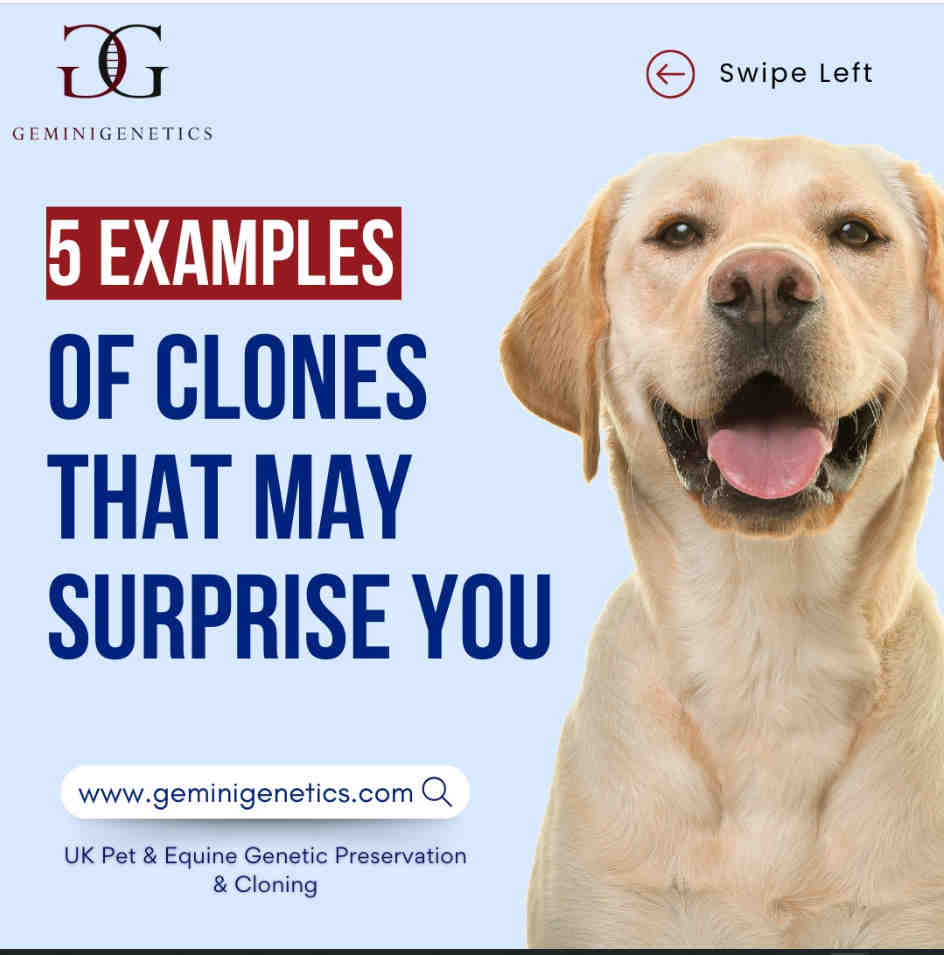Chilli Morning was an extraordinary stallion, and now 4 years after his passing, his name…
Pet Loss: Grief and Coping With Pet Loss
Pet Loss: Understanding Grief & How To Manage Your Loss
Losing a pet can be an extremely challenging and deeply emotional experience. Our pets become an integral part of our families, providing comfort, companionship, and unconditional love. An intense and complex process of grieving can be triggered when they pass away; a process that many people may not be aware of or fully understand.
Identifying and understanding the stages of grief has been found to help individuals navigate the tumultuous journey of coping with the loss of their pets. It’s important to remember that grief is a highly personal and individual experience, and there’s no one-size-fits-all approach to healing from pet loss. Every emotion experienced during this time is completely normal. In this exploration of grief associated with pet loss, we’ll explain each stage of loss in detail, providing insight and understanding to those who may be facing the heartache of saying goodbye to a beloved animal companion.
The History of Grief
Identification of the stages of grief began in 1969 when Swiss psychologist Elisabeth Kübler-Ross published a book named “On Death and Dying”. Kübler-Ross developed the 5-stages of grief to describe people facing their own death due to terminal illness, however it was soon adapted to describe grief in general. The stages were made through the classification of different emotions and thoughts experienced after loss. It was noted that these stages are non-linear, and people can experience these aspects of grief in different orders and may not even experience all of them. It was expressed that everyone is different, and the stages reflect this by varying from person to person.
The original 5-stages of grief are as follows: Denial, Anger, Bargaining, Depression and Acceptance. There are a range of additional stages that have been added over the years to create the 7-stages of guilt model. The aim of the 7-stage model is to elaborate and address complexities of guilt more effectively.
Denial is often one of the first feelings upon the loss of a much-loved companion. It is characterized by a sense of shock and disbelief as a response to the loss. The overwhelming emotions that accompany the realisation of the loss may trigger this natural and common coping mechanism. You may find it difficult to accept that your beloved pet has passed away and think that it’s all a mistake or that your pet will somehow come back. Although rare, some people may become stuck in a chronic and pathological state of denial, refusing to admit anything bad has occurred. Commonly this phase takes two forms, some deny their grief and believe they are not affected by the loss itself whilst others may deny their loved one is gone at all.
As the reality of the loss sets in, many people experience anger. With the combination of extreme emotional discomfort and adjusting to a reality with your companion gone, anger may be utilized as an emotional outlet. You might be angry at yourself, the situation, the veterinarian, or even your pet for leaving you. It’s important to remember that these feelings are normal. Anger is common as it allows individuals to express emotion without being overly vulnerable, unfortunately it may feel more socially acceptable than admitting vulnerability. Although common, this anger is not the healthiest coping mechanisms and may cause individuals to be perceived as unapproachable leading to isolation. This can be difficult in the moments when comfort, reassurance and connection is beneficial. The important thing to remember if you do feel angry is to talk to others and explain why you feel angry, so that they understand you and know not to feel rejected. At a time of pet loss, you need the support of human friends and family, so its important not to push their support away. Take their offerings of time and someone to listen to the way you are feeling.
Bargaining is the stage that often involves thoughts of “what if” or “if only.” You may find yourself wondering if there was anything you could have done differently to prevent the loss or trying to make deals with a higher power to bring your pet back.
Depression is the stage can be marked by a deep sadness and a sense of profound loss. You may experience feelings of emptiness, guilt, or hopelessness. It’s crucial to seek support during this time, as depression can be especially challenging to navigate. Support can be anything from a friend to talk to and listen to your feelings, to a designated support line such as that offered by the PDSA, Blue Cross, Cats Protection and the RSPCA. An important thing to remember is not to isolate yourself. Talk to others and explain how you are feeling. And remember that healing will come with time. Your pet will always be a huge part of your life and a love that will never leave you. But in the darkest times of loss when you feel the void will never heal, remember that with time, you will find a way of managing your loss and the sadness felt upon their departure will one day be balanced by all the happy memories that will live on in your heart and soul.
Over time, most people begin to come to terms with the loss of their pet, this is known as the final stage, Acceptance. Acceptance doesn’t mean you’ve forgotten your pet or that you’re no longer sad, but it signifies a step toward healing and adjusting to life without your furry companion. It’s a time where the sadness doesn’t overwhelm and is the only feeling you can feel; it’s a time when you begin to remember the happy memories and can look upon them with happiness, rather than the overwhelming sadness that may have dominated in the immediate period after loss. This recovery stage does come. It takes time and talking to others, but it does come. And it’s a stage that our animal companions would want us to reach. Our pets don’t want us to be sad and upset upon their loss. They will understand that we will feel this, because we loved them so dearly. But they will want us to recover and be able to remember happy times. So let yourself reach this stage when you feel ready to, and know that your animal companion will be looking down on you and will be happy that the acceptance has come and your rest and recovery from grief can start.
Pet Loss Support
We strongly recommend that upon the loss of your animal companion, you talk to someone who can help you through the grieving process. This can be friends and family, but there are also fully confidential services offered by animal charities which can be of significant benefit at this time.
https://www.bluecross.org.uk/pet-bereavement-and-pet-loss
https://www.rspca.org.uk/adviceandwelfare/pets/bereavement
https://www.cats.org.uk/what-we-do/grief
Have you considered preserving your pets’ genetics?
Something which you may or may not know is that you can preserve your pets DNA after they have passed away. And preserve it in a way that you can clone your pet should you wish to do so in the future. All that is needed is a small skin sample from your pet and their genetics can be preserved for just £600. Your pet’s body needs to be kept chilled after their passing and not frozen and the skin sample needs to be taken and arrive with us within 5 days of their passing.
More and more people are now preserving their pets DNA in this way. Even though they may not be sure about if and when they will clone, having the option to do so in the future, should you decide that is the best option for you, can be of enormous comfort during loss. It means that you can retain and regain a living connection to your lost animal companion. Your pet’s clone would be a full genetic twin to your original pet and the closest living replica possible to them. This can be a very special bond to re-establish, and enables you also to continue the legacy to your animal companion- a legacy which is normally passed on through siblings but is most often not possible with many of our pet cats and dogs as they are neutered.
For more information on preserving DNA for the option of future cloning, please contact Gemini Genetics –https://www.geminigenetics.com/contact-us/




